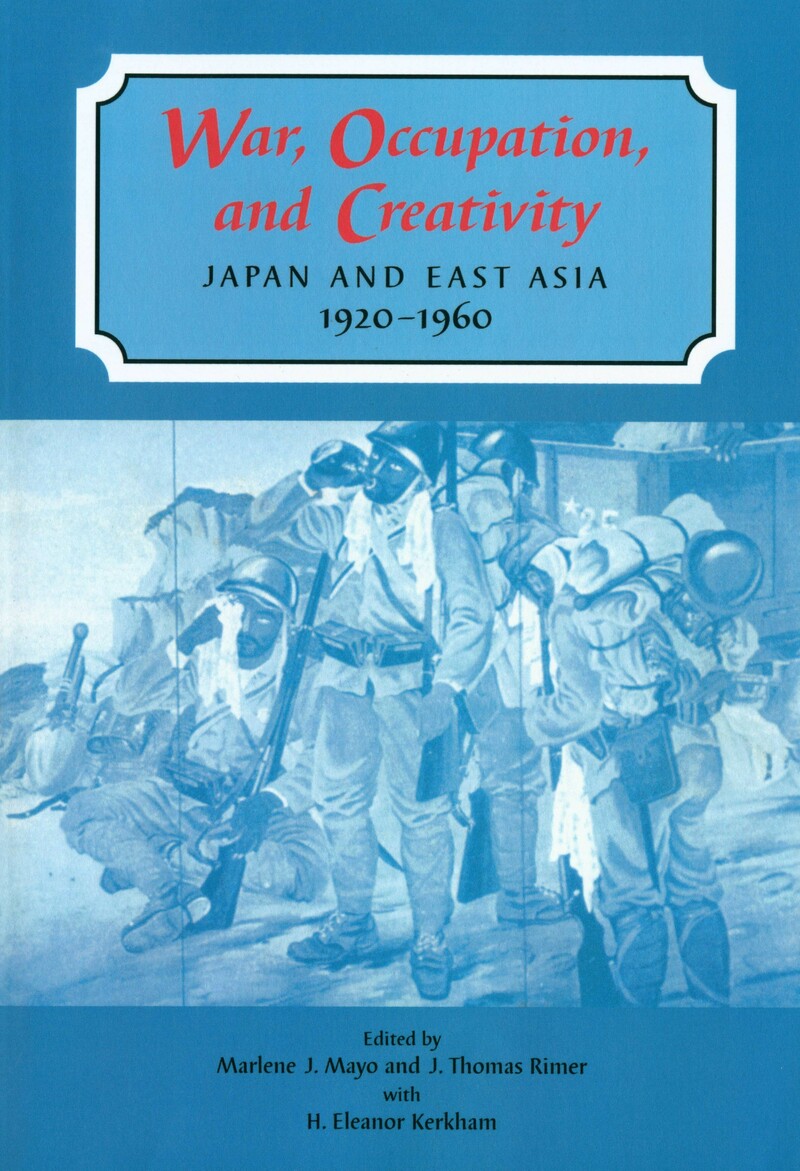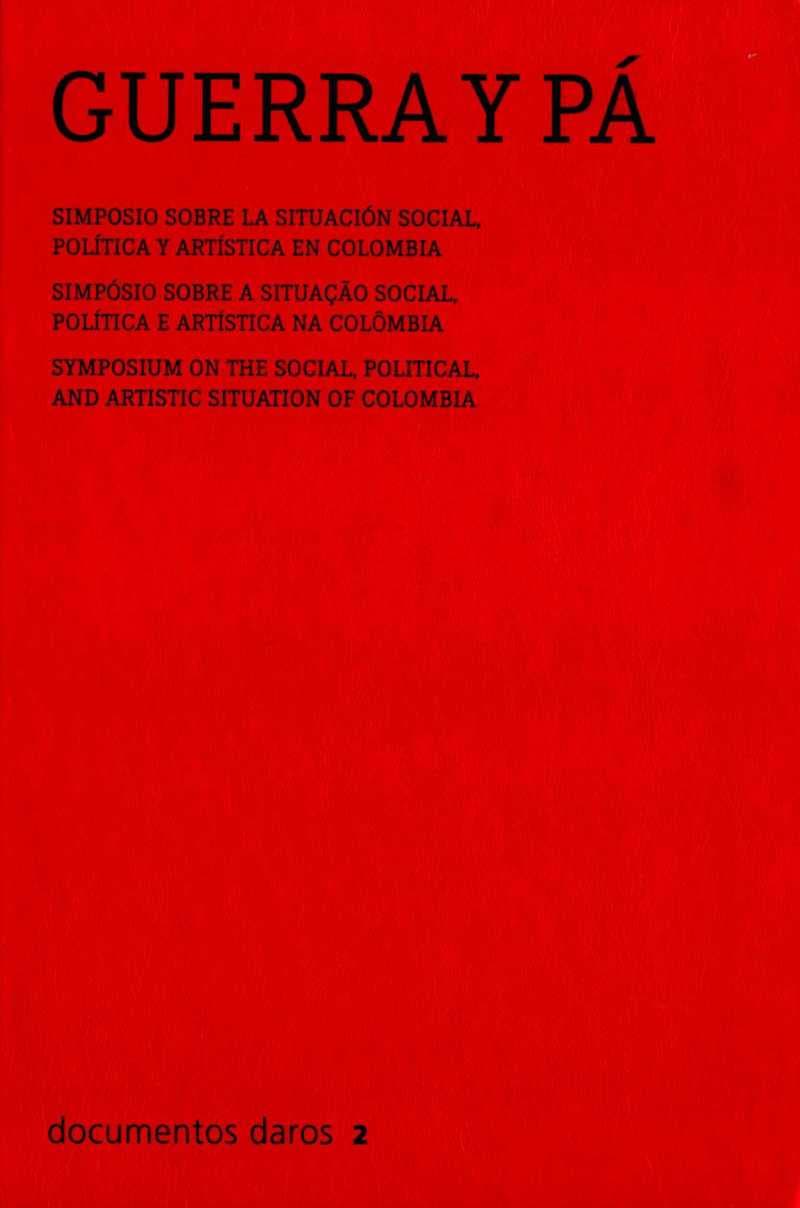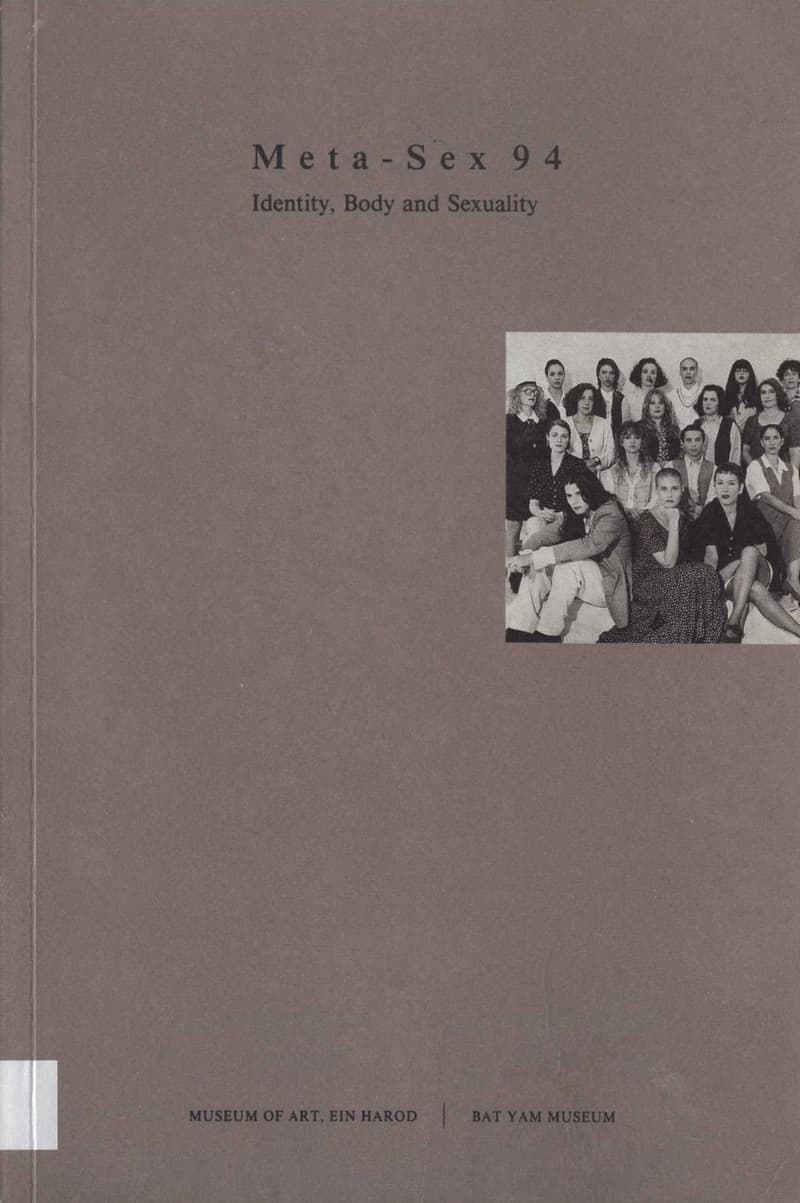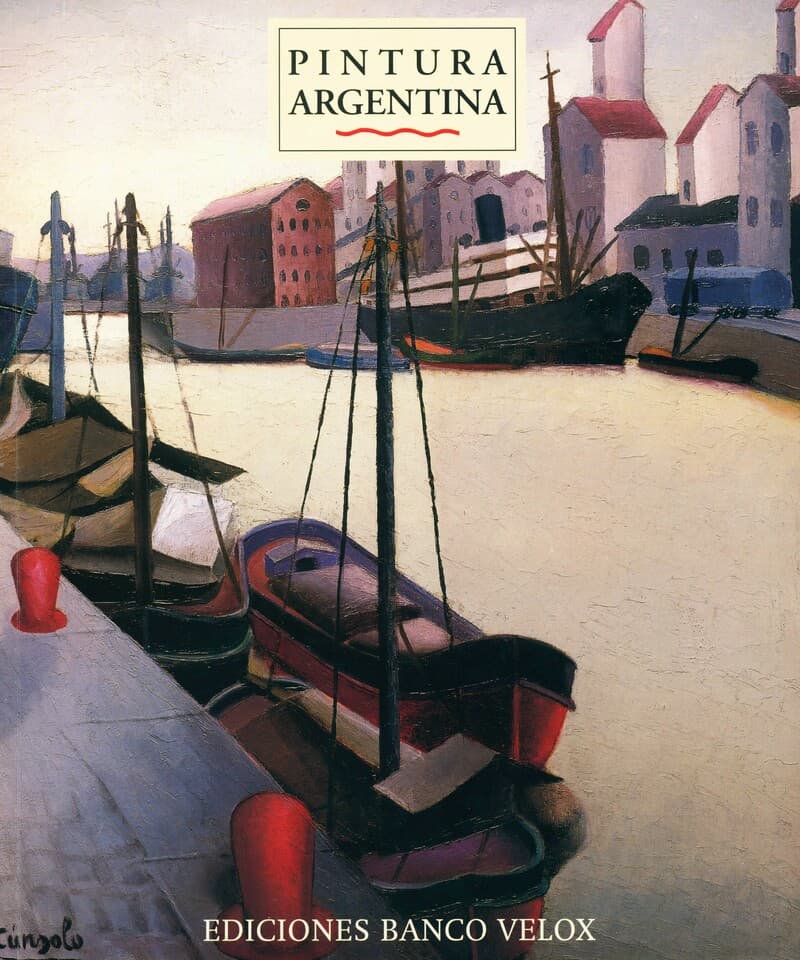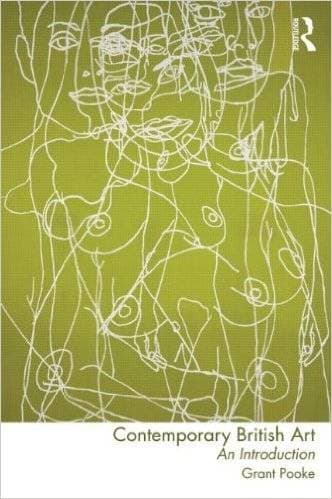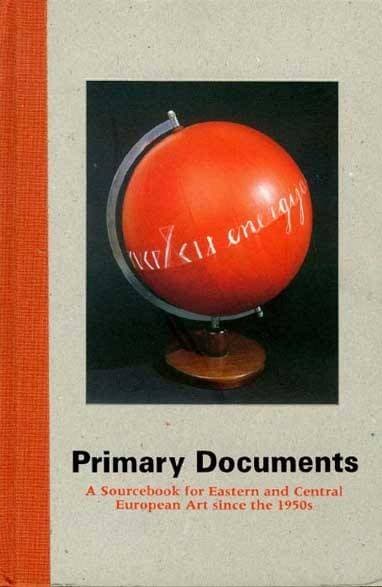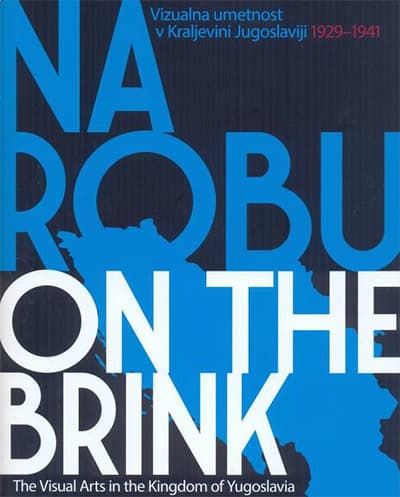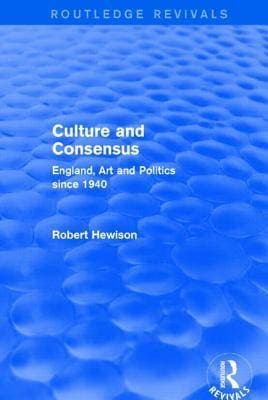War, Occupation, and Creativity: Japan and East Asia, 1920–1960
This collection of essays, based on international collaboration by scholars in Japan, South Korea, Taiwan, and the United States, is the first systematic, interdisciplinary attempt to address the social, political, and spiritual significance of the modern arts both in Japan and its empire between 1920 and 1960. These forty years, punctuated by war, occupation, and reconstruction, were turbulent and brutal, but also important and even productive for the arts. The volume takes a trans‑war (rather than an inter‑war) approach, beginning with the cultural politics of painting, poetry, and fiction in Japanese‑occupied Korea and Taiwan following World War I. The narrative continues with the impact of Japan's war in China and the Pacific War on major Japanese novelists, playwrights, painters, and filmmakers, before moving on to the final stage, Japan's defeat and initial recovery. During the Allied Occupation of Japan and in its aftermath, Japanese artists both confronted and dismissed the question of war responsibility by preserving, reviving, or reinventing the political cartoon, Kabuki drama, literature of the body, and the aesthetics of decadence.
Данные книги
1920‑е, 1930‑е, 1940‑е, 1950‑е, 1960‑е, Азия, Графика, Живопись, Иллюстрация, Искусствознание и арт-критика, История ХХ века, Кинематограф, Китай, Корея, Литература, Массовая культура, Политика, Постколониальные исследования, Поэзия, США, Театр, Япония
Мэйо Марлен Дж. (Автор статьи, Автор вступительной статьи), Вулф Алан (Автор статьи), Раймер Томас Дж. (Автор статьи), Керкхэм Элеонор (Автор статьи), Макканн Дэвид Р. (Автор статьи), Йи Анджелина (Автор статьи), Сю‑сюнг Ванг (Автор статьи), Ким Йонна (Автор статьи), Кук Харуко Тая (Автор статьи), Сендлер Марк Ховард (Автор статьи), Хирано Кёко (Автор статьи), Содей Риндзиро (Автор статьи)
Маруки Ири, Мидзогути Кэндзи, Ногути Исаму, Одзу Ясудзиро, Сакагути Анго, Тамура Таидзиро, Ким Соволь, Ян Куй, Абэ Кобо, Дега Эдгар, Делакруа Эжен, Дадзай Осаму, Хаяси Фумико, Исикава Тацудзо, Итами Мансаку, Кисида Кунио, Кумагай Хисатора, Куросава Акира, Линь Юшань, Маруки Тоси
Гонолулу
2001
424 страницы
9780824824334
Доступ по запросу
Да
Нет
709.4 Япо
1
- Guerra y pá. Simposio sobre la situación social, política y artística en Colombia/ Symposium on the Social, Political and Artistic Situation of Colombia2006
- Homelands: Art from Bangladesh, India and Pakistan2019
- Meta‑Sex 94: Identity, Body and Sexuality1994
- Pintura Argentina
- Spirit of India2017
- Contemporary British Art: An Introduction2011
- Primary Documents: A Sourcebook for Eastern and Central European Art Since the 1950s2002
- Contemporary Japanese Sculpture1991
- Na robu = On the Brink: Vizualna umetnost v Kraljevini Jugoslaviji (1929–1941)2019
- Mexican Muralism: A Critical History2012
- Indian Contemporaries/ Индийские современники2017
- Culture and Consensus: England, Art and Politics Since 19402015
